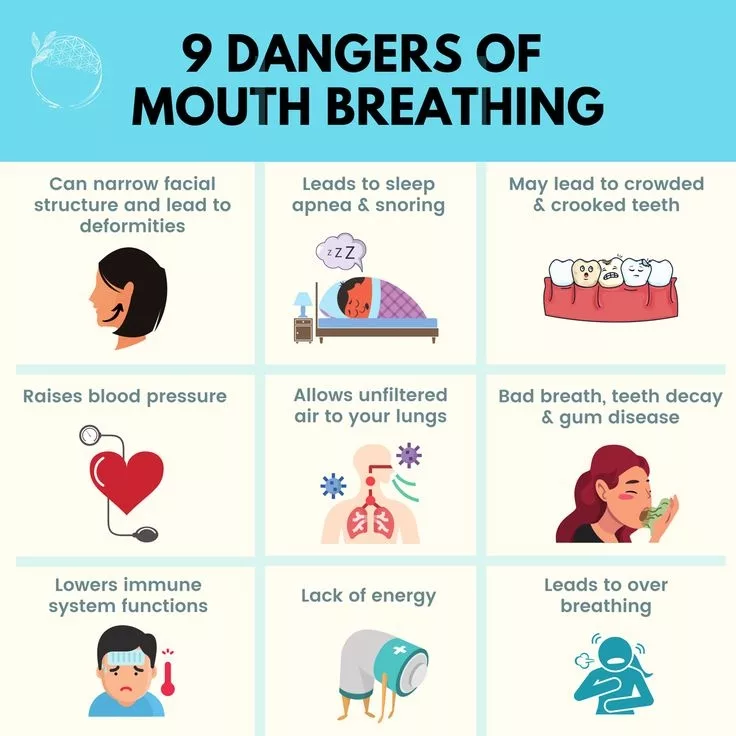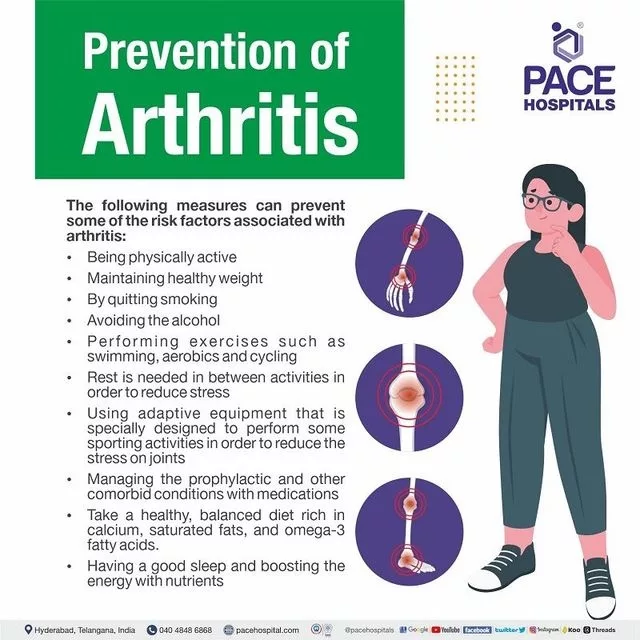The Truth About Zero Drinks
Hello! Today, let’s explore zero drinks together. Zero drinks are popular among those on a diet or managing conditions like diabetes because they contain no calories. However, just because they are calorie-free doesn’t always mean they are healthy. I hope this discussion helps us think more about our health! Shall we dive in?

What Are Zero Drinks?
Zero drinks refer to beverages that contain no calories, unlike regular drinks. They are commonly labeled as zero-calorie, zero-sugar, or zero-fat and are often consumed for dieting or weight management. However, instead of calories, zero drinks use artificial sweeteners to maintain their flavor.
The Background and History of Zero Drinks
The birth of zero drinks began in the 1960s when interest in weight management increased, leading to a higher demand for low-calorie beverages. In 1982, Coca-Cola launched “Diet Coke,” which used artificial sweeteners instead of sugar, and since then, various beverage companies have developed zero drinks.

Analysis of Key Ingredients in Zero Drinks
The main ingredients in zero drinks are artificial sweeteners and carbonated water. Artificial sweeteners are used as food additives, providing sweetness without calories. However, some artificial sweeteners, like sucralose and aspartame, may have health concerns when consumed in excess. Carbonated water adds fizz and texture to the beverage.
The Relationship Between Zero Drinks and Weight Management
Zero drinks are often chosen for dieting or weight management since they contain no calories. However, it’s important to consider the calorie intake from other meals or snacks when consuming zero drinks. Additionally, the sweetness of artificial sweeteners can stimulate appetite, so it’s crucial to maintain appropriate consumption levels.

The Impact of Zero Drinks on Blood Sugar
Zero drinks do not have a direct impact on blood sugar levels due to their lack of calories. However, because they contain artificial sweeteners, the sweet taste may stimulate insulin secretion. Therefore, for those managing diabetes or blood sugar levels, it is important to regulate the intake of zero drinks appropriately.
Safety and Controversy Surrounding Artificial
Sweeteners Artificial sweeteners are approved by the FDA as food additives, but excessive consumption can negatively affect health. Some artificial sweeteners may contain ingredients that can cause allergic reactions, and overconsumption may lead to digestive issues or headaches. It is essential to maintain proper amounts and frequency when consuming zero drinks.

The Relationship Between Zero Drinks and Dental Health
Since zero drinks use artificial sweeteners instead of sugar, they do not directly affect teeth. However, the high carbonation content can lead to tooth discoloration or surface damage. Therefore, it is important to maintain proper consumption levels and practice regular brushing and plaque removal for dental health.

Evaluating the Long-Term Health Effects of Zero Drinks
The long-term health effects of zero drinks are not yet clearly established. However, excessive intake of artificial sweeteners can have negative health impacts, and if zero drinks replace the intake of other nutrients, nutritional deficiencies may occur. Thus, when consuming zero drinks, it is vital to maintain appropriate amounts and frequency and consider a variety of meals and nutrients.

In summary, we’ve learned about zero drinks. While they contain no calories, we must keep in mind that they use artificial sweeteners and carbonated water. It is important to maintain appropriate consumption levels and frequency considering various health impacts. When choosing zero drinks for blood sugar management, dental health, or weight control, it’s best to assess your situation and goals accordingly.






